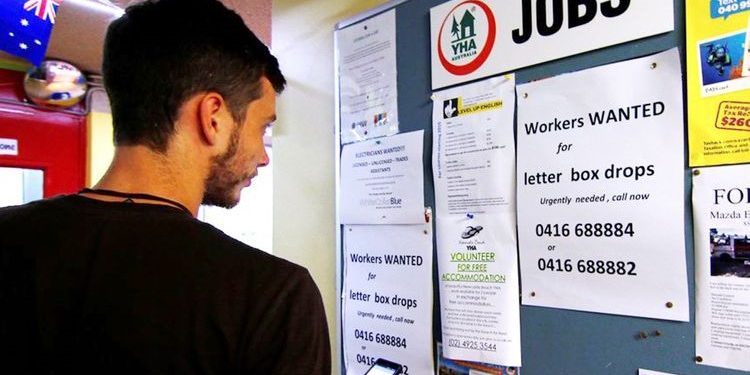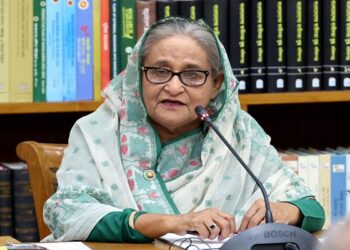The Australian government has taken steps to address the abuse of international student visas by raising the entry standards for the group. The move aims to prevent the use of student visas as a loophole for obtaining permanent residency.
A final report by the Migration Review released last month suggested that the country needs to revise its policies and procedures regarding student visas, including the cap on working hours and aligning English-language requirements.
According to the Review of the Migration System report, international students have been identified as a significant source of income for Australia’s education industry, with nearly $8 billion contributed to the Vocation Education sector and $26 billion to the university sector in 2019-20.
Despite this, the report has suggested that Australia needs to do more to attract the most talented international students, as the current student visa program has not fulfilled its potential as a source of skilled migrants.
The report highlights that the migration system has played a vital role in boosting the education export sector and that the Student visa program needs to be modified to fully harness its potential.
According to the Migration Review report, the exploitation of temporary visa holders, including international students, is a significant concern in Australia. The report pointed out that the current settings of student and temporary graduate visas limit the opportunities for students to prove their potential in the Australian job market.
As a result, international students often find it challenging to transition into the labour market after completing their studies and end up working in jobs below their skill level.
According to the Review of the Migration System report, extending the duration of graduate work rights may not be sufficient to address the root cause of the struggles faced by international students in transitioning to the labour market. The report also revealed that Australia’s failure to identify high-potential former students was leading many to become “permanently temporary.”
The student visa’s working hours cap was intended to ensure students focus on their studies rather than lower-paying jobs, but it has been shown to create vulnerabilities for students who want to work longer hours and are concerned about being reported to the Department of Home Affairs by their employer.
The Review of the Migration System panel has recommended a review of the working hours’ cap and an increase in English language requirements associated with the student or graduate visa to help ensure that graduates have better chances of success in the Australian labour market.
The report noted that many students start with a low level of English proficiency, which could be addressed by raising the level of English proficiency required under these visas. The report also raised concerns about the widespread exploitation of other temporary visa holders, including international students, and suggested that Australia was allowing too many former students to become ‘permanently temporary’ by not identifying those with the greatest potential for success.
According to the review of the migration system, more support is needed for international students to transition to work and access legal remedies for exploitative wages and conditions in the Australian labour market. The report suggests working with education providers to support students and automatically providing a Temporary Graduate visa upon study completion.
Additionally, the review proposes aligning the duration of the Temporary Graduate visa with the time required to identify high-potential graduates who will succeed on a permanent skilled visa. The review also suggests replacing the Genuine Temporary Entrant criterion with a new Genuine Student test to reduce mixed messaging.
Minister for Home Affairs, Clare O’Neil, has confirmed that the government is working on implementing the reforms suggested in the latest migration report, aimed at improving the quality of international students coming to Australia.
While unveiling the report, O’Neil emphasised that the reforms are not aimed at reducing the number of international students, but rather, at ensuring that they possess the necessary skills to meet the country’s challenges. She also acknowledged that lifting standards may have implications for the number of international students, but that is not the target of the project.











